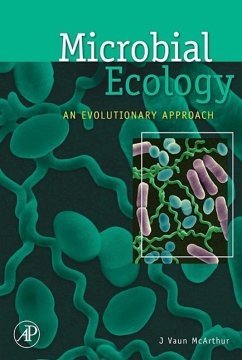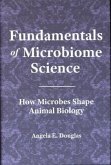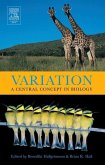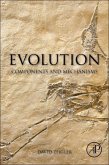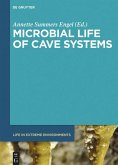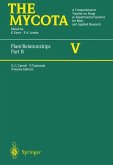Based on the thesis that insights into both evolution and ecology can be obtained through the study of microorganismsm, Microbial Ecology examines microbiology through the lens of evolutionary ecology. Measured from a microbial perspective, this text covers such topics as optimal foraging, genome, reduction, novel evolutionary mechanisms, bacterial speciation, and r and K selection. Numerous aspects of microbial existence are also discussed and include: species competition, predation, parasitism, mutualism, microbial communication through quorum sensing and other. The result is a context for understanding microbes in nature and a framework for microbiologists working in industry, medicine, and the environment.
Hinweis: Dieser Artikel kann nur an eine deutsche Lieferadresse ausgeliefert werden.
Hinweis: Dieser Artikel kann nur an eine deutsche Lieferadresse ausgeliefert werden.
"The author does an excellent job in describing fundamental concepts in evolutionary ecology and discussing how these concepts may apply to microorganisms in natural environments. It is unique in that it focuses on general ecological and evolutionary principles instead of rehashing information that could be found in current microbiology textbooks. This book would be most appropriate for readers that already have a solid background in microbiology and are interested in exploring the emerging field of microbial ecology." --Noah Fierer, University of Colorado, in ECOLOGY
"Even medical microbiologists, who still isolate and study pathogens in pure culture, now, recognize that we can truly fathom microbial life only studying heterogeneous, evolving communities of microorganisms. Vaun McArthur set out to portray this wider reality, and has succeeded..." --Bernard Dixon in BIOLOGIST
"Even medical microbiologists, who still isolate and study pathogens in pure culture, now, recognize that we can truly fathom microbial life only studying heterogeneous, evolving communities of microorganisms. Vaun McArthur set out to portray this wider reality, and has succeeded..." --Bernard Dixon in BIOLOGIST

